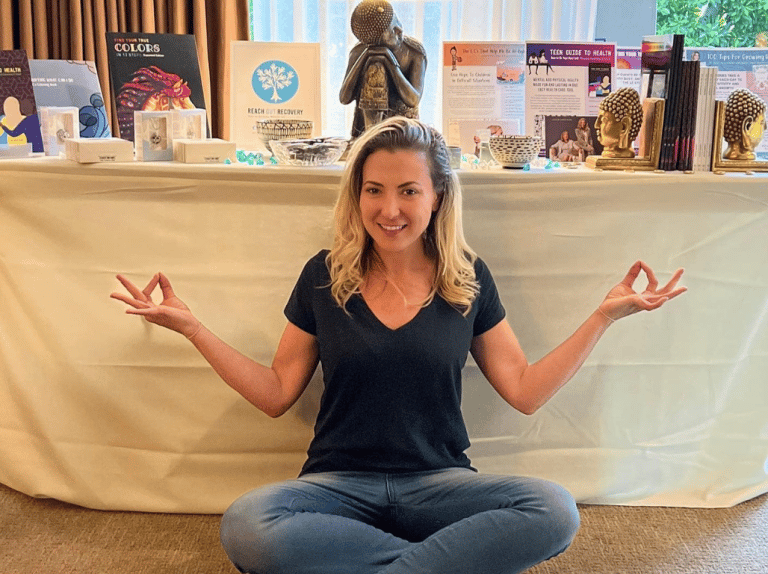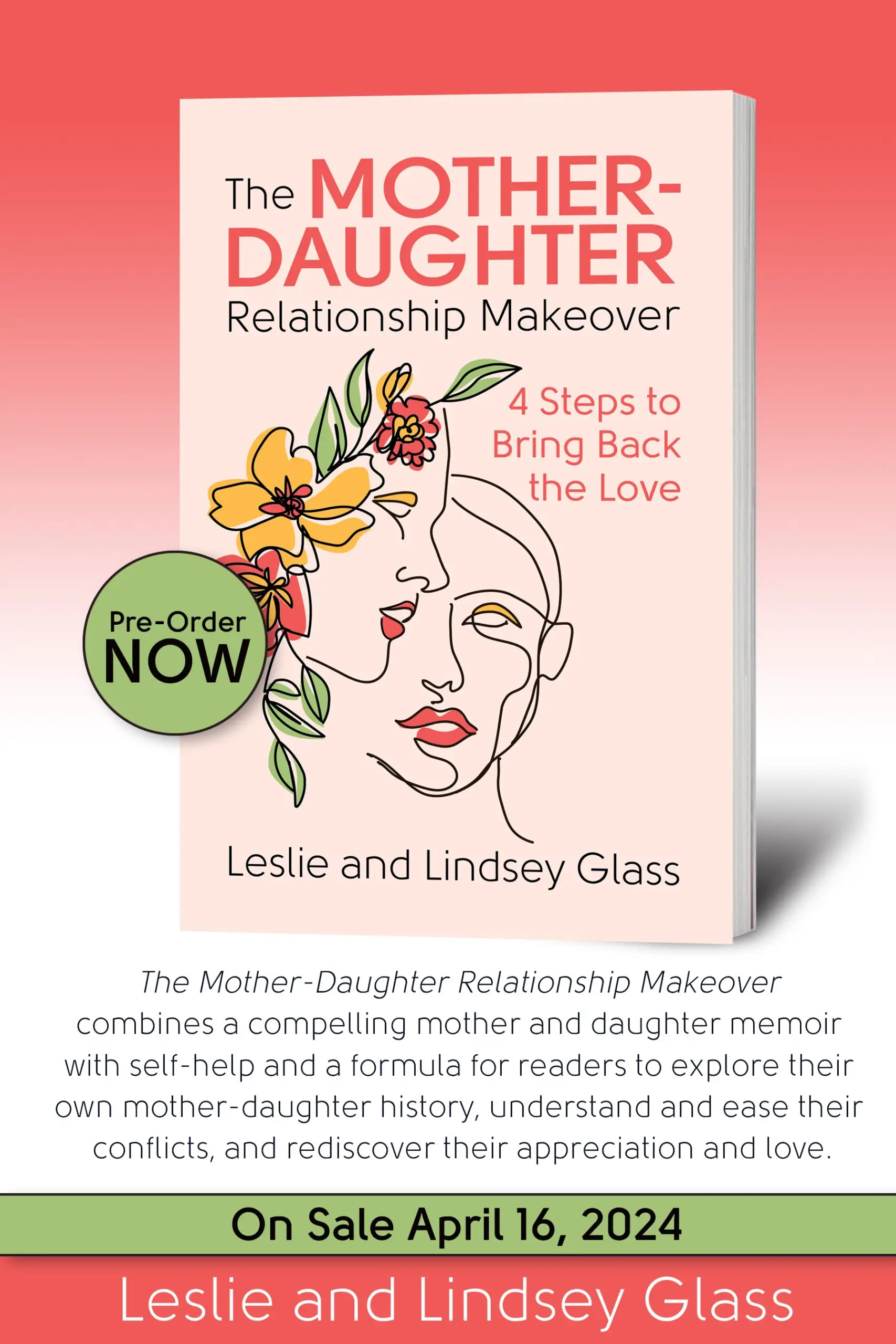The Recovery Lifestyle Ensures More Happiness Less Pain
Why should you consider adding some new thoughts and activities to your life in recovery? Take it from me, my life got significantly better when I stopped trying to be a part of a life and world that didn’t suit my sober life and I created an entirely new one filled with activities and people who make me happy and support sobriety. It’s called the recovery lifestyle and it’s made everything better.
I’ve been in and out of recovery my entire adult life. Luckily, I’ve been in a solid, healthy recovery for a decade plus. But, it wasn’t easy to get here and I had to find so many new ways of life to make it work. And, even after what feels like a lifetime of working a ‘recovery lifestyle,’ I still slipped away from parts of mine and the results were disastrous. That’s what inspired this article. The fact that I dropped part of my recovery life, that it had ugly consequences, and that I’ve had to return to basics to get back don’t track. The extraordinary part? I know what to do (after someone reminds me) and I have the willingness to do it. Because of that, I can recover my sanity, serenity, and recovery within weeks. That’s recovery success to me – knowing what to do, doing it, and getting better. It’s the softer easier way.
Let’s Talk About How The Recovery Lifestyle Begins
Recovery is different for everyone and that is why it can be so confusing for so many people to understand. Learning to recover from alcoholism or any addiction is incredibly complicated when no issues come up, and that almost never happens. Usually, addiction is co-occurring with other problems like mental health problems, behavioral issues, eating disorders, trauma, etc. When you’re dealing with sobriety and a behavioral issue, have trauma in your story, or a “generalized anxiety” diagnosis, or have any family dysfunction whatsoever, making a clear recovery plan becomes harder.
Don’t Be Discouraged Sobriety Takes Practice
Recovery takes time. In my experience of recovery, I pulled back one layer of the onion only to discover there were more underneath. I had a cellar in my basement where a vault lived, and locked in there hidden away were most of my feelings. This phenomenon made my recovery a long process; sometimes I took a step forward only to take two steps back. The path to success is no straight line, especially when it comes to mental health and health and wellness.
The Recovery Lifestyle Was Worth The Work
Life is bright and shiny today. It looks and feels better than I ever imagined. I wish I could have told myself not to worry so much. Since we’re all still learning about what modern recovery looks like, and I’ve been writing about mine since I started, I compiled a list of what I’ve learned and what my recovery lifestyle looks like.
The Mental Piece Of The Recovery Lifestyle
1. There will be good years and bad ones on your recovery journey
Keep your expectations low and it will save you a lot of grief because life can be messed up. Like seriously twisted. I had this sense that if I made it five years, my life would be merry. It doesn’t work that way. Business is up and down, relationships come and go, and then as you get older, you may start to lose people. However, if you’re prepared and armed with a recovery toolbox to help, you can survive disappointments and heartbreak. Even as parent issues arise and children drama erupts, you somehow know what to do or have someone close who does. Oh, the beauty of community!
2. Getting sober is just the first step
Prepare yourself that you may need to unearth those traumas to get better. I needed enlightenment in many areas of life. Learning healthy boundaries was an unexpected adventure, as was sober dating. Both caused me as much discomfort as getting sober did. Seriously, detaching from enmeshed relationships felt physically painful to me at times. Learning to use food as fuel, not comfort, and becoming financially responsible was also difficult and stressful. There were years it felt like I was training for a recovery Olympics that I wanted no part in. But, somewhere along the way, I built a well-rounded recovery lifestyle. I would have hated myself when I was younger.
3. Relationships are hard when you have to think of others
I took a lot of time between relationships. I was also told to learn to date myself. Don’t put any pressure on yourself here. Getting a relationship that is healthy and stable takes time. I thought I’d master and get relationships sorted out in year two. Insert laughter here. While I find they are far less dramatic than they once were, I’m certainly no professional in this matter to this day. I do believe I’ve become aware and considerate of other people’s feelings. It’s no longer all about me. I don’t believe I can change anyone and I would no longer dare to try. I also now know no one can change me. There is no magic pill, and there is no magic person. It’s all hard work. However, with age, I’ve come to enjoy the work and derive great satisfaction from my improvement in relationships and learning how to communicate in them. That wasn’t something I could do and that’s a problem for healthy adults.
The Action Piece of The Recovery Lifestyle
4. Self-care is more than bubble baths and manicures
I recently read an article about self-care being hard and digging deep. It said self-care is not all baths and mani-pedis. The article is correct. Real self-care is financial responsibility, emotional accountability, and impulse control. Being an adult is hard when you’ve avoided it most of your life. It took a lot of practice for me to intuitively practice self-care and do things like grocery shop and plan out my whole week of meals, pay all my bills every month, and stay gainfully employed. If you need help, join groups, read books, and attend seminars. Learn about the things that are important to your future health.
Making sure all areas of your life are organized and well cared for is almost impossible for anyone coming out of addiction so all of these are seeds to plant. I didn’t open my mail for years. I didn’t understand financial “stuff,” and I still have the emotional capacity of a 12-year-old. Caring about those things did not come naturally to me. I had to learn how to do them years into my recovery; then I had to be disciplined in practicing them until they become a habit. Trust me, it’s easier to get addicted to drugs than to pay your taxes.
Check Out My New Book The Mother Daughter Relationship Makeover
5. Patience and gratitude are everything
What I was writing about above – The learning self-care? Sometimes I wonder what would have happened if I had stopped trying years ago because it all seemed too hard and progress was slow. Trudging from program to program, painfully learning how to manage my emotions and relationships wasn’t fun. But, it was rewarding, and it worked. I can find gratitude daily because I’m living the life I wanted for myself. Don’t misunderstand, faith without works are dead. But, I did work and now I bathe in gratitude for the results. I’m also patient with myself, and other people. Man, do things go better when you can just calm down and wait.
6. New activities and New friends
For me, this is where life truly straightened out. If you have people in your life who don’t live by your morals or sober life or whatever, it’s going to be harder to keep the peace. This is not to say, cut people out of your life, but it is to say, to pay attention to how people make you feel. Are they helping you stay out of trouble or trying to pull you back down? The activity part can create ease too just by adding recovery activities into your new weekly schedule.
For example, praying, meditating, breathing, and exercising are on my calendar. They are part of my schedule and I’ve gotten to know other people who are into the same things. It makes all the difference to make your life about healthy recovery activities.
The Recovery Lifestyle Conclusion
The moral of the story is, while this may sound like it’s too much work like it’ll take too long, and the pain along the way will make it impossible to get through—it wasn’t. The markers along the way become too important, the progress becomes too gratifying, and then when you realize you’re no longer in pain or anxious anymore, it’s all worth it, and you never look back.
Check out my book: 100 Tips For Growing Up
More Articles To Read
Hacks To Be Happy
Start A Conversation To Help Someone Who’s Sad
Embrace Hygge For Happiness This Summer
Stress Relievers That Work For Everyone
What To Do When You Hate Being Sober
Check out 100
Tips For Growing Up






















